If you're fascinated by the intricate workings of the criminal mind, this curated list of films will take you on a thrilling journey through the shadows of human psychology. These films not only entertain but also offer a deep dive into the motivations, tactics, and the often twisted logic behind criminal acts. From psychological thrillers to gritty crime dramas, each film in this collection provides a unique perspective on what drives individuals to cross the line into criminality.
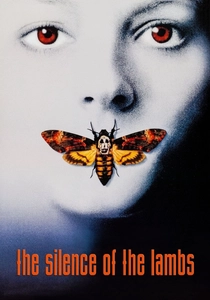
The Silence of the Lambs (1991)
Description: This film is a masterclass in understanding the criminal psyche through the chilling interactions between FBI agent Clarice Starling and the cannibalistic psychiatrist Dr. Hannibal Lecter. It's a study in manipulation, intelligence, and the darkness within.
Fact: Jodie Foster won an Oscar for her role, and Anthony Hopkins, despite only being on screen for about 16 minutes, also won Best Actor.
 Watch Now
Watch Now
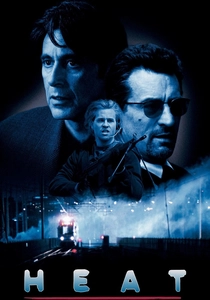
Heat (1995)
Description: Michael Mann's epic crime drama showcases the cat-and-mouse game between a master thief and a relentless cop, exploring their parallel lives and the criminal mind's strategic thinking.
Fact: The film features one of the most famous bank robbery scenes in cinema, and Al Pacino and Robert De Niro share a scene for the first time in their careers.
 Watch Now
Watch Now
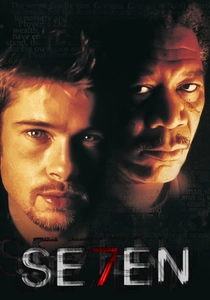
Se7en (1995)
Description: A dark and intense exploration of a serial killer who uses the seven deadly sins as his modus operandi. The film delves into the psychological warfare between the killer and the detectives on his trail.
Fact: The ending was kept secret from most of the cast and crew, and the film's bleak atmosphere was achieved by shooting in rainy, overcast conditions.
 Watch Now
Watch Now
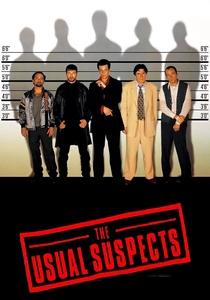
The Usual Suspects (1995)
Description: A film that plays with the concept of truth and deception, focusing on a group of criminals and the enigmatic figure of Keyser Söze. It's a mind-bending look at how criminals can manipulate reality.
Fact: Kevin Spacey's character, Verbal Kint, was inspired by a real-life criminal, and the film's famous line, "The greatest trick the Devil ever pulled was convincing the world he didn't exist," has become iconic.
 Watch Now
Watch Now
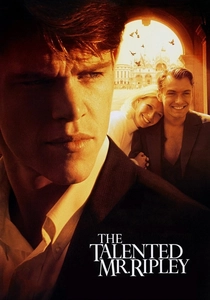
The Talented Mr. Ripley (1999)
Description: A study in envy, identity theft, and the lengths one will go to escape their own life, showcasing the criminal mind's ability to adapt and deceive.
Fact: Matt Damon learned to play the piano for his role, and the film's ending was changed from the book to provide a more ambiguous conclusion.
 Watch Now
Watch Now
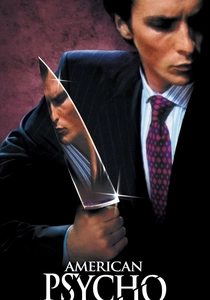
American Psycho (2000)
Description: A satirical look at the 1980s yuppie culture through the eyes of Patrick Bateman, a Wall Street banker with a dark, murderous alter ego, offering a critique on the superficiality and the criminal mind's need for validation.
Fact: Christian Bale's performance was initially met with mixed reviews but has since been recognized as one of his best.
 Watch Now
Watch Now
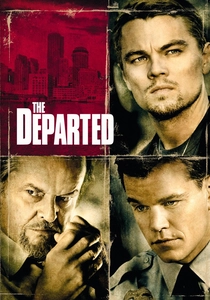
The Departed (2006)
Description: Martin Scorsese's intense tale of moles, loyalty, and betrayal in the Boston underworld, where understanding the criminal mind is crucial for survival.
Fact: The film was a remake of the Hong Kong film "Infernal Affairs," and it won Scorsese his first Best Director Oscar.
 Watch Now
Watch Now
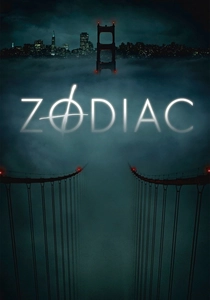
Zodiac (2007)
Description: David Fincher's meticulous recounting of the Zodiac Killer case, focusing on the psychological toll on the investigators and the public's fascination with unsolved crimes.
Fact: The film was shot in chronological order to capture the passage of time and the evolution of the investigation.
 Watch Now
Watch Now
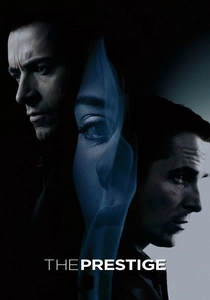
The Prestige (2006)
Description: While not a traditional crime film, it explores the obsession and rivalry between two magicians, delving into themes of deception, sacrifice, and the criminal lengths one might go to achieve greatness.
Fact: The film's title refers to the third act of a magic trick, and the plot twist was kept secret from most of the cast and crew until the last day of shooting.
 Watch Now
Watch Now
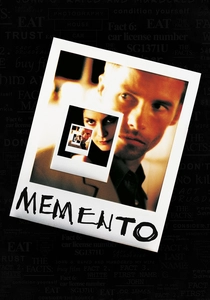
Memento (2000)
Description: A unique narrative structure tells the story of a man with short-term memory loss trying to solve his wife's murder, offering insights into how memory and identity shape criminal behavior.
Fact: The film was shot in reverse order to match the narrative structure, and the black-and-white scenes were shot first.
 30 Days Free
30 Days Free









